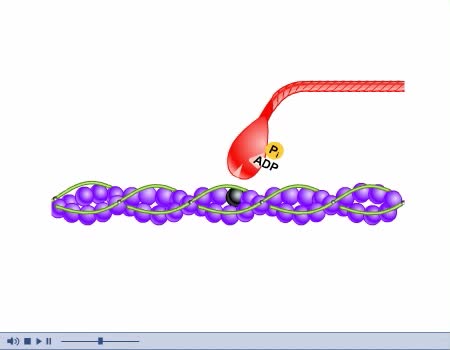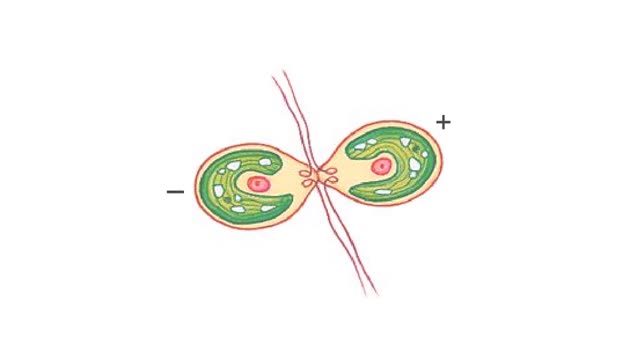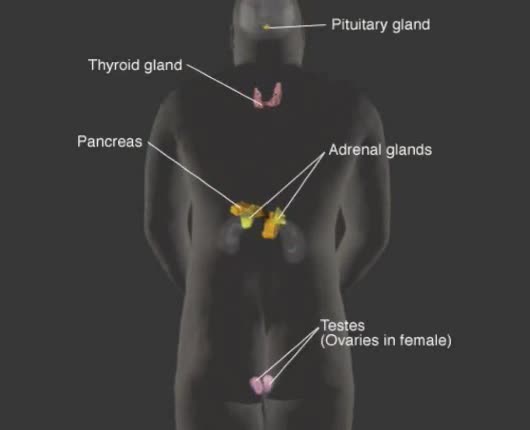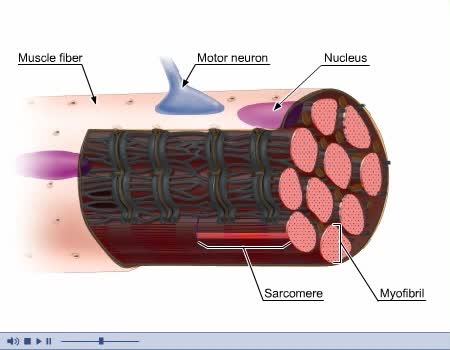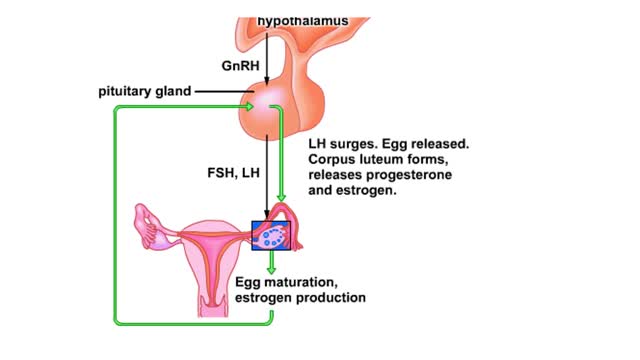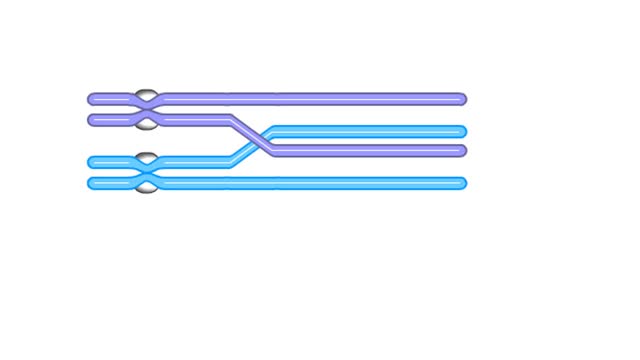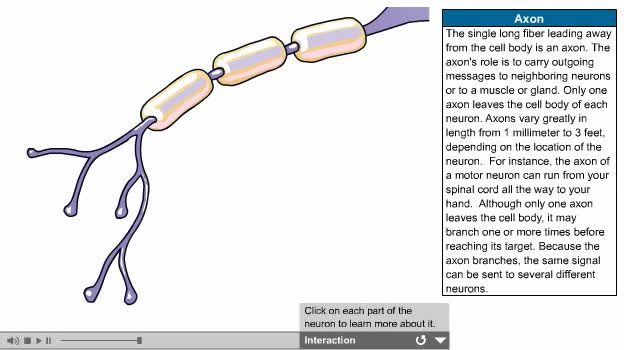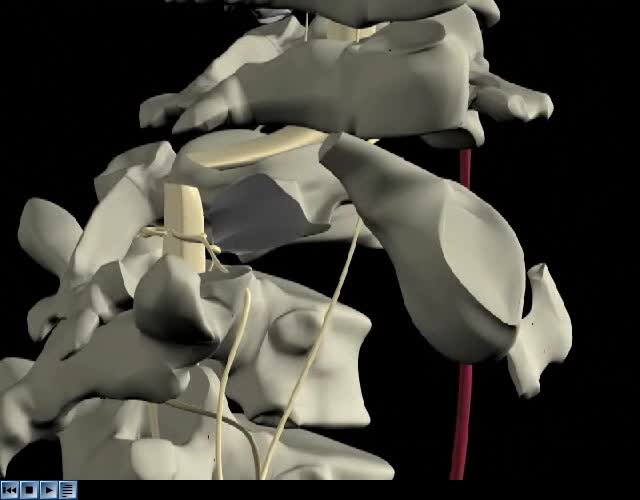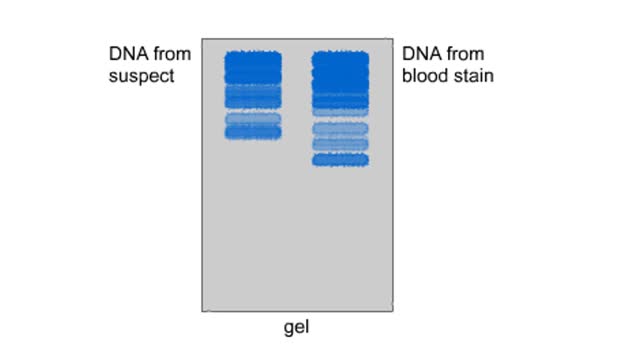Search Results
Results for: 'Miller's reaction chamber experiment Animation'
Contraction and Relaxation Animation
By: Administrator, Views: 12568
Muscles are responsible for movement. The types of movement are: - Locomotion, when chemical energy is changed into mechanical energy. - Propulsion of substances through tubes, as in circulation and digestion. - Changes in the sizes of openings, as in the contraction and relaxation of the iris...
By: HWC, Views: 4039
Protozoan conjugation is an unusual form of sexual reproduction Prospective partners join together, usually at the surface of their oral depressions. The cells undergo cytoplasmic fusion. Meiosis II produces four haploid micronuclei. Now the macronucleus of each cell begins to bre...
By: Administrator, Views: 1520
Vital function of endocrine system: Production and regulation of chemical substances called hormones. Hormones Chemical transmitters released in small amounts and transported via bloodstream to a target organ or other cells. Transfer information and instructions from one set of cells to anot...
By: Administrator, Views: 12539
Three basic types of muscles: - Skeletal - Smooth - Cardiac Composed of striated or smooth muscle tissue and classified according to their functions and appearance. Skeletal Muscle: - Also known as voluntary or striated muscle. - Controlled by the conscious part of the brain and attach...
Hormones and the menstrual cycle Animation
By: HWC, Views: 6637
Feedback loops to the hypothalamus and pituitary gland from the ovaries during the menstrual cycle Animation for a step-by-step explanation. Production of a releasing hormone (GnRH) by the hypothalamus prods the pituitary's anterior lobe to release FSH and LH. In the ovary, FSH and LH stimula...
Homologous chromosomes during prophase I - Animation
By: HWC, Views: 7594
The chromosomes were duplicated during interphase and the sister chromatids are now in thin threadlike form. Each chromosome becomes zippered to its homologue, so that all four chromatids are closely aligned. The chromosomes are tightly aligned, but we will show them as separate so that y...
By: Administrator, Views: 13126
There are several types of neurons, three of which are: Motor neurons, Sensory neurons, Interneurons. The nervous system is usually described as having two interconnected divisions: the central nervous system (CNS) and the peripheral nervous system (PNS). CNS: Includes the brain and spinal...
By: Administrator, Views: 12954
The most common cause of spinal cord injury is trauma. Spinal cord injury is most common in young, white men. Spinal cord injury can be either complete or incomplete. In complete injuries there is no function below the level of injury. In incomplete injuries there is some function remaining...
By: HWC, Views: 6547
DNA fingerprinting enables a scientist to compare the DNA from two biological samples, such as a blood stain and a suspect's blood. A restriction enzyme is added to the samples to be compared. The enzyme cuts the DNA into smaller fragments. The DNA fragments are placed on an electrophor...
Advertisement



